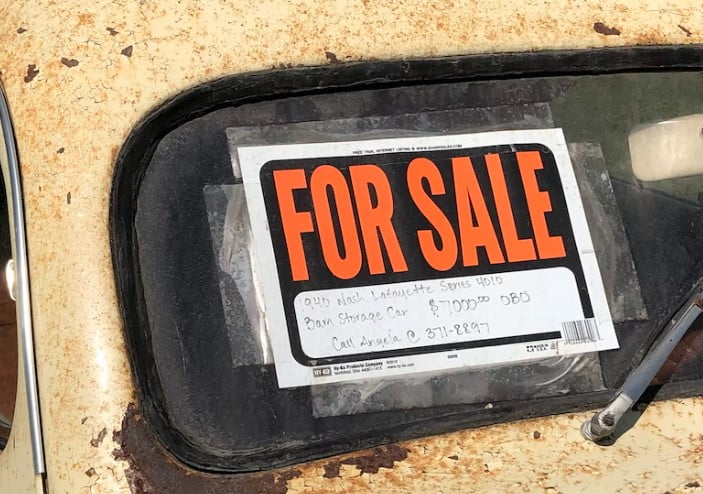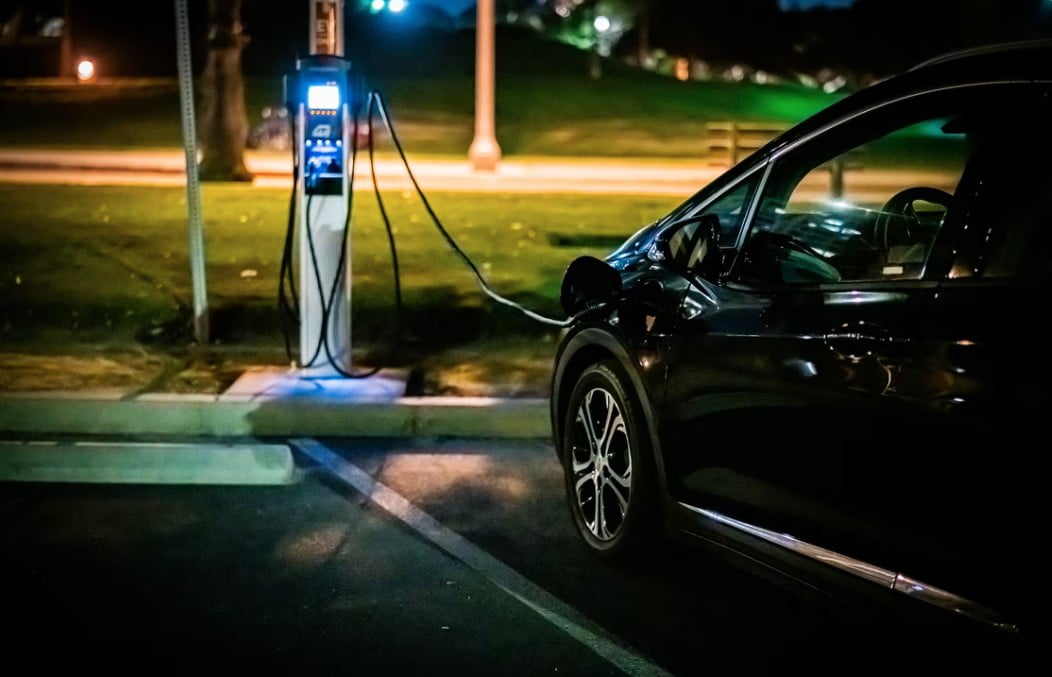When deciding to purchase an electric vehicle, there are typically two key drivers. The first relates to saving the environment. Its common understanding that electrical cars emit less pollution and are generally better for the environment. The deeper you investigate this theory the more questions you might have, but we will put that argument to the side for now and focus on how fast do EVs depreciate.

The second primary driver for purchasing an electrical vehicle relates to saving money. This can be through multiple means such but the most common is saving on gas or petrol. If you no longer need to fill up, you instantly save money each week.

The growth of electrical vehicles is compounding each year, with new manufactures reaching the market all attempting to get a piece of the pie. A lot of the new cars entering the market are first editions, not for the specific model, but for the entire company. This opens up a whole list of questions and concerns, which again we will park this for another topic.
For now, and the big question in the room, how fast to EVs depreciate?
If we look a ICE (Internal Combustion Engine) cars, we know historically they will lose around 40-50% of their value in the first 3 years. This statistic has many years of history to back it up and is a generally rule of thumb across most manufactures.
What is interesting and an impact point when comparing against an EV, after 3 years, a ICE car still has plenty of life left. Its likely (unless extremely high mileage) a gas gar will run for another 10-20 years. So while it has lost value, the car can continue operating (often with minimal problems) for many years to go.

When we switch to an electric vehicle and consider its life span, factors change and change dramatically. The primary concern is around the source of energy for an EV, the battery. Most batteries are designed to last 5-10 years.
With performance reducing on a continuous basis. If we consider the range available through the battery after 3 years, its often lost 20+ percent. Meaning, you can drive less distance than when you first purchased the car.
We then consider the next 3 years and that value continues to fall. Our EV that once could drive 300 miles, might only be able to travel 200 or 150 miles after 3-5 years.
Other factors also come into play, such as battery operating temperature, charge cycle, type of charging etc. If not used and adhered to the manufactures optimal guidelines, the performance continues to fall at alarming rates.
What we end up with, is a car that possibly by 5 years old, can only travel half or even less than its original designed distance.
Now we have a car that has reduced capability. Unlike gas powered cars, where their performance is really not impacted after 3-5 years, EV’s differ significantly. Not only do you have the ageing of the car components, but the ability to travel distance has now deteriorated.
This is why the value of an EV is impacted often depreciating at a much faster rate than ICE/Gas cars.
How much money do you lose on an Electric Cars?
Electric cars depreciate faster, while the rate varies between manufactures, generally speaking, and due to the fact the car has less range as it gets older, the values fall faster.
It begins to get interesting when comparing the value of an electric car against a ICE car. Especially if your primary driver for the purchase was to save money.
While you have not been filling up at the gas station, the value of your car has been falling at a faster rate. So your $45K EV, is now worth less than an equivalent ICE car, but with the ICE car costing a lot less to start with.
Its a concerning fact and something that every EV owner and potential owner needs to consider, specifically if you are trying to save money.
Nissan Leaf SV (2022/23)- new $37K
Nissan Leaf SV 2019 – $29K
Nissan Leaf S 2022/23 29K
Nissan Leaf S 2017 – $18K
Remember the pricing in the current market is elevated due to chip shortages and the follow-on impact from covid. So these examples don’t represent the real data that we would normally see. Another 12-24 months should see pricing return to pre-covid values.
Know when to sell your EV.
What we generally see with EV’s, after the first 4-5 years, the value begins to fall and at an alarming rate. This provides two opportunities. The first being to cycle your EV at a faster rate. Meaning, when you purchase, only plan to hold the car for say 2 years, maybe 3. You will need to factor this in when purchasing, more so if you have a loan or lease on the car.

Depending on the manufacture and country, some electric vehicles lose their value at faster rates. Take this into consideration when purchasing and comparing each car.
The last think you want, is your car to fall in value at an alarming rate, while you are trying to save money.
Purchase a used EV
The second opportunity to consider is purchasing an EV that is 3-4 years old. Knowing that the battery has reduced capacity, however also understanding you should be able to purchase at a heavily discounted rate from the original sale value.
If you are in the market for a used car, this could be a great approach. Do research in the make and model, learn how long the battery generally has a good working life for. If needed, look at the cost to replace (normally very expensive) the battery. Otherwise, be satisfied with the reduce driving range and take a saving on the purchase price.
Its also worth getting an experienced electrical vehicle mechanic to check over the EV prior to purchase. He should be able to provide details around the battery health. Otherwise, go to the dealer and see if they can provide a report.
Run some numbers
If you are on a budget, and saving money is at the top of your priority, spend some time researching. Put a spreadsheet together, gather facts and start to build out a model that tells a story.
Its a great approach and can be used as a reference point in the future, including triggers on when to sell your car.
You can factor in regular checks on the market to see how other sales are progressing, and identify when the right time is to sell.
Ideally, you want to minimise your loss so the more data you can capture, the less your loss should be.
So, How Fast do EVs Depreciate?
Hopefully you should have a better understanding guidance around EV’s and key factors to consider when making your next purchase. Don’t get lost with what can be smoke and mirrors. Ensure you have good hard facts and understand that your next potential purchase could fall in value faster than ICE cars.
Take your time with your EV purchase and make sure it delivers the value (financial included) you deserve.
They are a great option, with many new manufactures hitting the market, so stay aware and continue to read and learn about the technology changes including impact to overall pricing.
Key an important question at the front of your mind, How Fast Do EVs Depreciate and this will help keep facts where they need to be.
